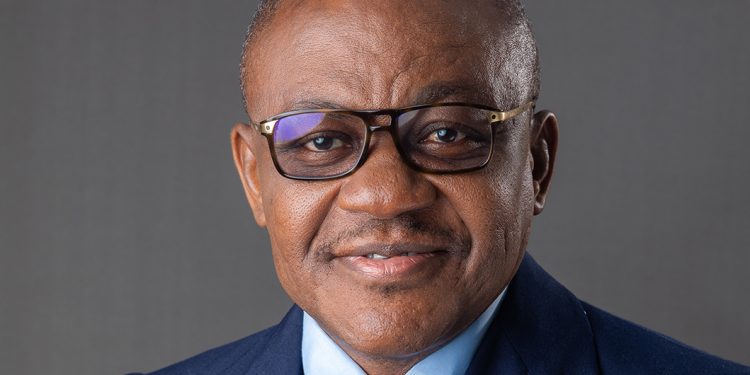EMPLOYEES across all sectors in Ghana should be paid based on the number of hours they work, rather than given fixed monthly salaries irrespective of hours worked, Dr. George Smith-Graham, the Acting Chief Executive Officer of the Fair Wages and Salaries Commission (FWSC) has proposed.
Dr. George Smith-Graham believes the hourly pay system will improve the incomes of casual workers and bring more fairness into the nation’s wage regime.
He said this would also ensure fair compensation for casual and low-income workers across Ghana.
Speaking during a familiarisation visit by the Parliamentary Select Committee on Employment, Labour Relations, and Pensions on Friday, May 16, 2025, Dr. Smith-Graham said the hourly wage system would bring more fairness and transparency into salary structures and reduce income inequality in the labour market.
“If we begin to look at an hourly wage structure, it will allow casual workers to be better compensated for their time and could help reduce income inequalities in the labour market,” he explained.
Dr. Smith-Graham added that the move could help formalize informal jobs, increase disposable income for workers, and improve access to social protections such as pensions and healthcare.
The visit, led by the Committee Chairman, Hon. Joseph Appiah Boateng, included stops at three major institutions — the FWSC, the National Pensions Regulatory Authority (NPRA), and the Management Development and Productivity Institute (MDPI).
At the NPRA, the Committee was informed about existing policies that allow individuals aged 50 and above, who are permanently unemployed, to access their tier-2 pension funds. This is only possible if their last employer confirms their status and the Labour Department approves the request.
NPRA’s Chief Executive Officer, Mr. Chris Boadi-Mensah, called for a national discussion on raising the retirement age from 60 to 65. According to him, this would help make the pension system more sustainable and prevent misuse of funds.
Meanwhile, at the MDPI, the Director General, Professor Elijah Yendaw, shared concerns about operational challenges facing the Institute. He mentioned the lack of office space and limited training opportunities for staff as key issues that need urgent attention.
Prof. Yendaw said that with proper investment and support, MDPI could play a bigger role in driving national productivity and economic development.
Hon. Appiah Boateng emphasized that the Committee’s tour was to better understand how these agencies operate, find out what improvements are needed, and contribute to policy ideas that will strengthen service delivery across the board.

